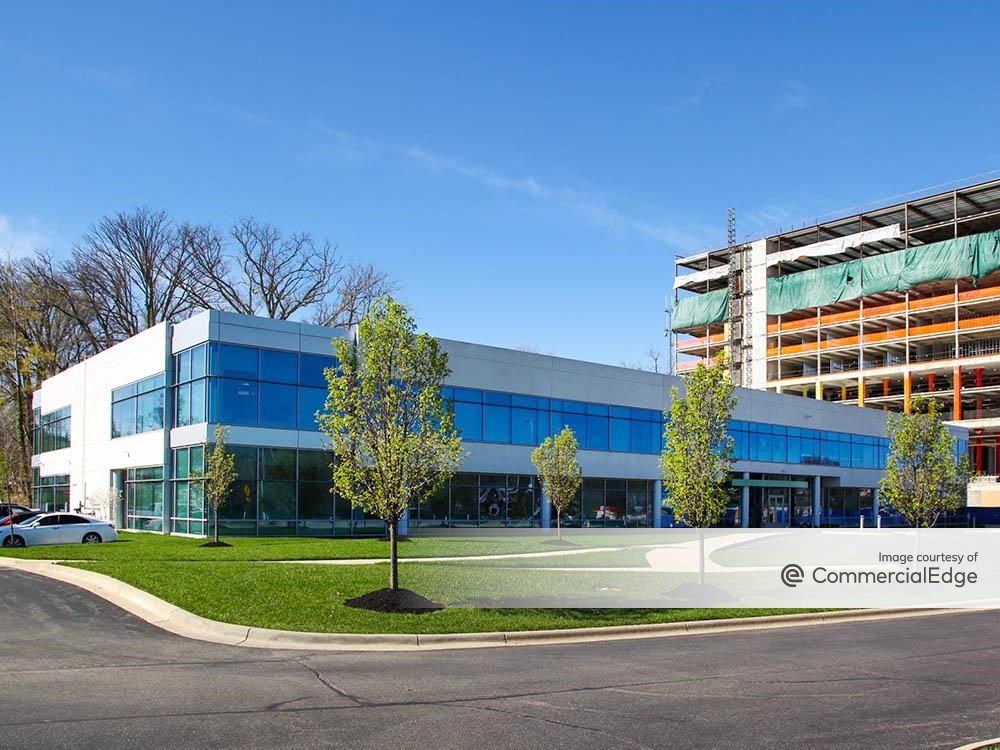Why Are Healthcare REITs Seeking M&As?
By Lori Marks, Vice President & Senior Analyst, Commercial Real Estate Finance, Moody's Investors Service: Healthcare REITs continue to engage in M&A in 2015. Find out why.
By Lori Marks, Vice President & Senior Analyst, Commercial Real Estate Finance, Moody’s Investors Service
Healthcare real estate investment trusts (REITs) are continuing to engage in M&A in 2015, with REITs acquiring other REITs as well as operating companies. We expect the activity to continue because healthcare REITs’ profitability is driven by their ability to acquire real estate at returns in excess of their capital costs.
Healthcare REITs are attracted to large deals not so much by their immediate profits, which are often modest as target companies typically command premium pricing, but rather by the opportunity to expand their pool of operator relationships. The healthcare industry remains highly fragmented and operators across the continuum of care – including skilled nursing, post-acute care, hospitals and senior housing – are scaling up to improve the quality and efficiency of their delivery models.
Healthcare REITs are partnering with top operators and providing them with the capital needed to grow their businesses. Operators, typically the best source of new acquisitions, find opportunities in their markets and bring them to REITs for financing. These locally sourced acquisitions are often priced more attractively than broadly marketed deals, increasing these relationships’ value to the REITs.
M&A is typically credit positive for acquirers because it enhances their scale and diversification, and expands their roster of tenants who are able to facilitate their continued growth. Increased size also improves the acquiring REIT’s cost-of-capital advantage, creating an even larger gap between it and its smaller peers; cost of capital determines healthcare REITs’ ability to compete for even more transactions.
However, these deals are only credit positive as long as a REIT’s drive for scale does not compromise its asset quality or balance-sheet discipline. To date, the REITs we rate have used substantial amounts of common equity to support their growth because favorable stock prices have allowed them to remain within their stated leverage targets. However, following a 26 percent increase in 2014, healthcare REIT equity prices are down 9 percent through July 31, 2015[1] because of concerns over rising interest rates and REITs’ ability to keep financially profitable deals.
Although we expect large-scale M&A activity to subside if stock prices continue to fall, as real estate prices adjust to rising interest rates, healthcare REITs will resume consolidation.
[1] SNL Financial (SNL US REIT Healthcare Index)







You must be logged in to post a comment.